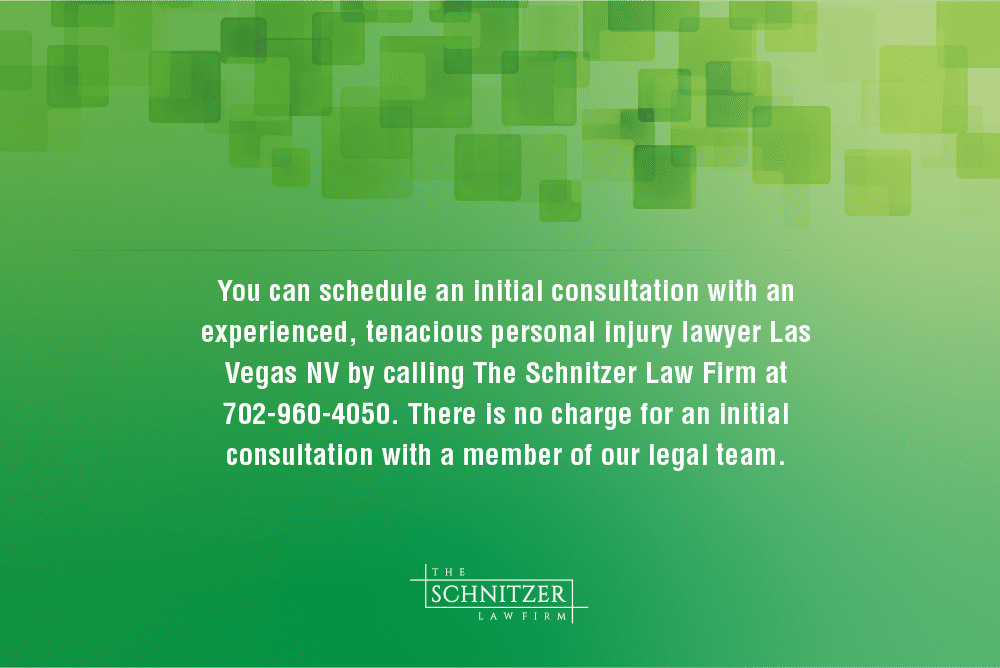Do Personal Injury Cases Settle After Deposition?
Personal injury cases have the propensity for being protracted legal matters in some instances. The process prior to filing a lawsuit can stretch to the point that the statute of limitations or the final deadline to file a case in court looms. Once a lawsuit has been initiated in court, a personal injury case can feel as if it is moving forward at a glacial pace. Indeed, many times personal injury litigation does drag on. The manner in which personal injury cases move through the pre-litigation claims process and through court itself once a lawsuit is filed begs the question of whether there are any steps that are taken to bring a matter closer to settlement. For example, do personal injury cases have an enhanced likelihood of settling following the taking of a deposition or depositions?
Timeframe of Settlement Following the Deposition of a Party Making a Claim
Before diving deeper into whether personal injury cases settle following a deposition, a preliminary issue needs to be addressed. Specifically, an understanding of the potential settlement timeframe following a deposition is important.
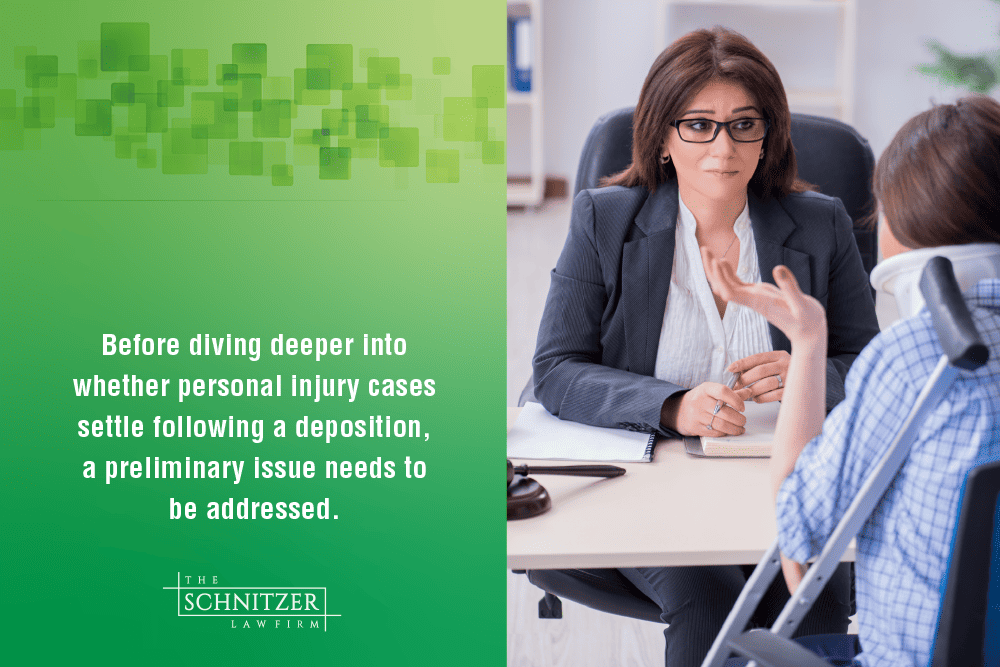
An understandable question oftentimes put forth by the party making a claim or pursuing a lawsuit is how long after he or she is deposed will a settlement occur. The reality is that the timing of a settlement if one is to occur, depends on a myriad of different variables.
There are situations in which the defendant in a lawsuit will recognize that proceeding further with a case will cause significant additional harm or damage to that party. In other words, the deposition of the plaintiff or person making a claim for compensation may underscore the liability or responsibility of the defendant for the injuries, damages or losses sustained by the plaintiff. Consequently, the parties may be able to come to a proverbial meeting of the minds in a relatively short period of time, hammer out an agreeable settlement agreement, and bring the case to a conclusion that generally is acceptable to both parties.
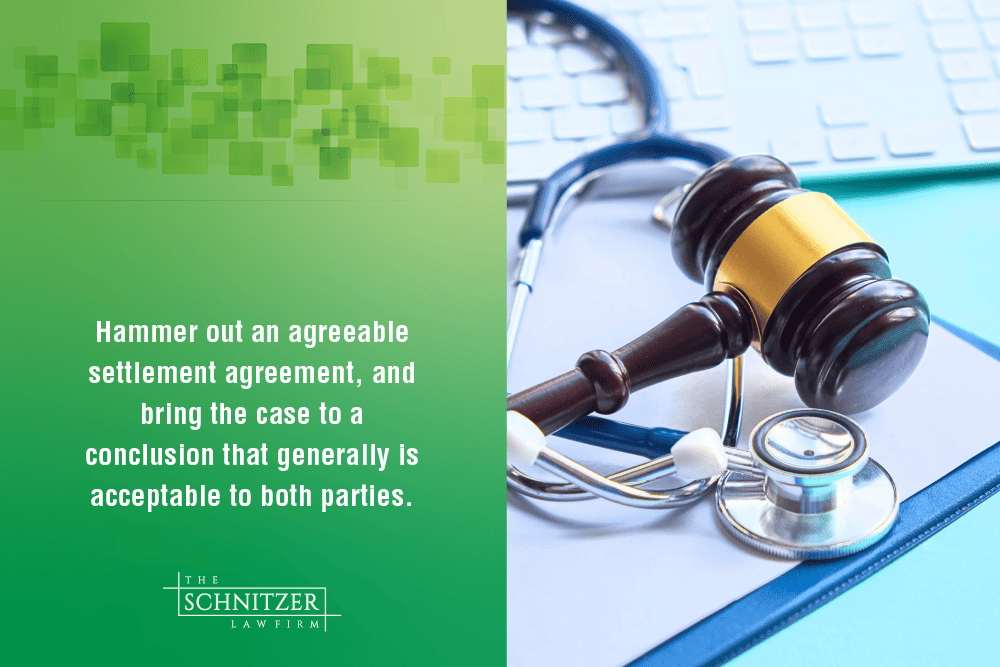
On the other hand, depositions can create more questions than answers. For example, the deposition may raise questions about the liability or responsibility of the defendant for causing an accident or incident that evidently resulted in injuries claimed by the plaintiff.
The bottom line regarding the timeframe of a potential settlement following the taking of a deposition is that there is no hard and fast rule regarding when taking this type of statement under oath may lead to a negotiated conclusion of a case. With that said, oftentimes with the taking of a deposition or depositions, the parties to a lawsuit do move closer to a settled resolution of litigation than would be the case in the absence of this process.
Taking of a Deposition and a Formal Request for Admissions in a Lawsuit
Information garnered from the taking of a deposition may result in a personal injury lawyer in Las Vegas pursuing what legally is known as requests for admissions. During the course of a definition, a party to a case or another individual being deposed may make a statement or statements during the course of a case that prove to be not only accurate but uncontroverted. Such an uncontroverted statement may go to what is known as a major element of a personal injury case.
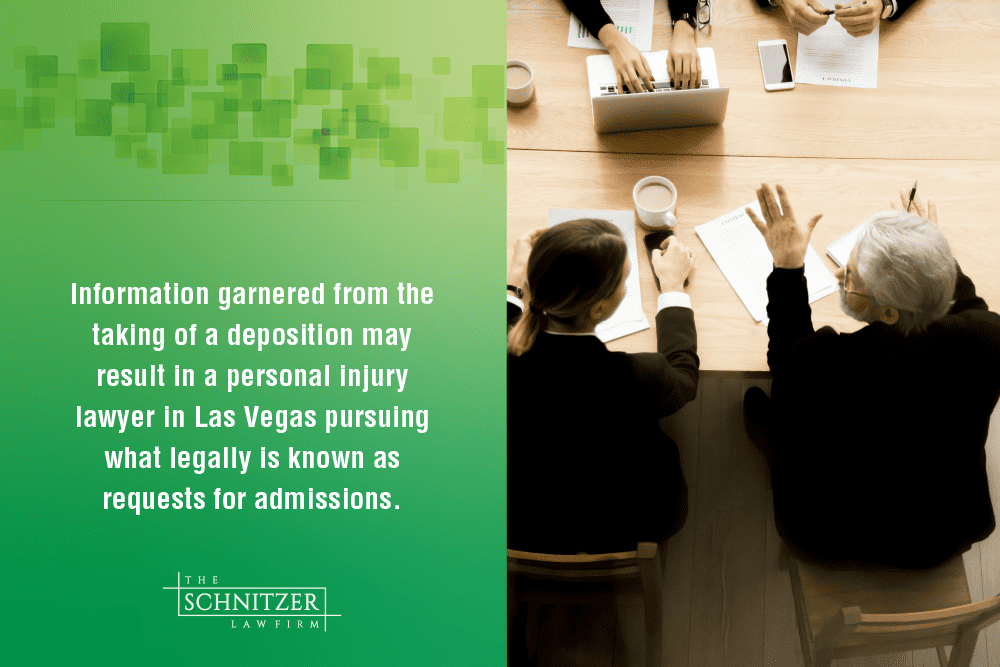
If evidence is gleaned during the pretrial course of discovery in a civil case, it can be utilized in what is known as a request for admissions. Requests for admissions are filed by one party asking another party essentially to concede a point that otherwise would have been disputed in a lawsuit. If the party fails to acknowledge a request for admission, and that point is later demonstrated at trial or otherwise during the formal course of proceedings in court, the failure to admit can result in an additional monetary obligation against the party requested to make such an admission.
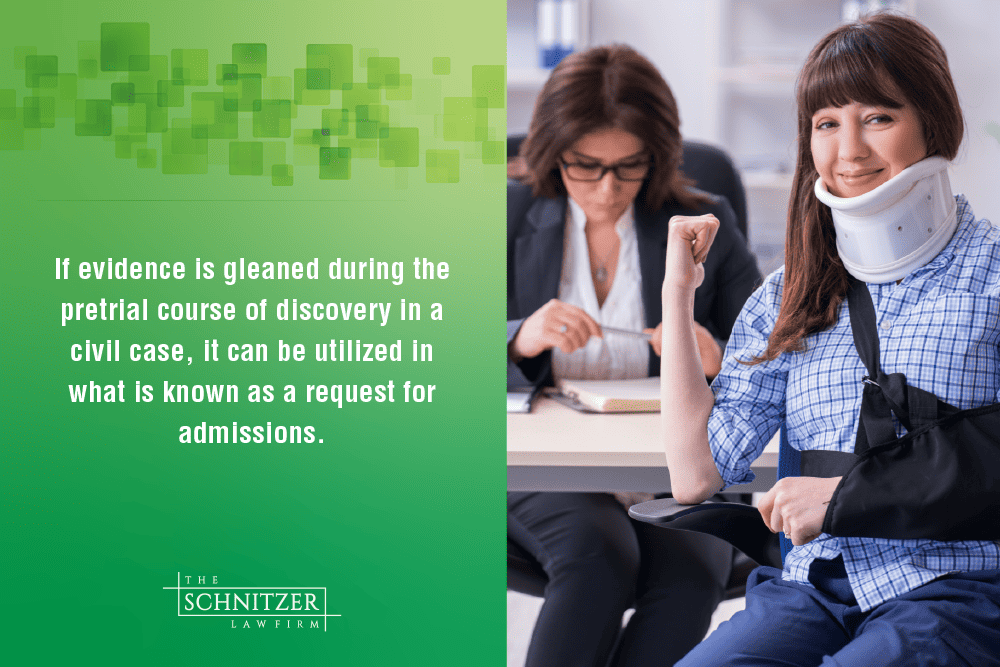
The bottom line is that the prospect for requests for admission is a natural outcome of depositions in some cases. When that occurs, it can move the parties closer to a settlement.
Scheduling Additional Depositions
When an initial deposition is completed, a Las Vegas personal injury law firm may determine that additional depositions are necessary. Movement towards the need for or scheduling of additional depositions in a personal injury lawsuit, including cases involving Las Vegas car accidents, can serve to spur parties more definitively towards the settlement of a particular case.
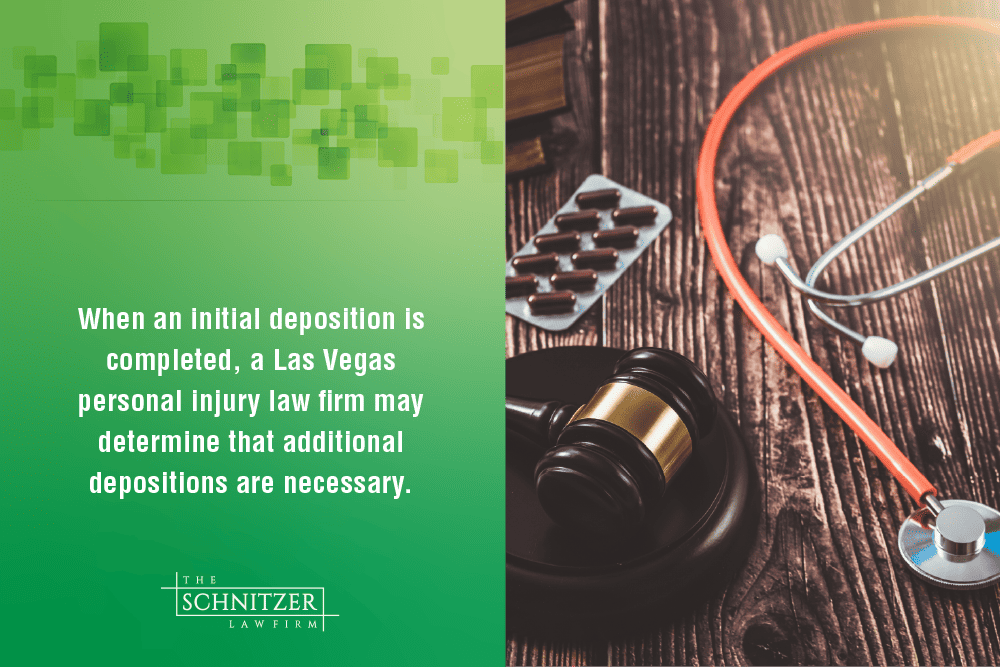
The reality is that parties may not have the desire to pursue additional but necessary depositions in a case. Additional depositions can be time consuming as well as costly. Parties to a personal injury lawsuit may strongly desire to expend less time and money and be more apt to resolve the case without further delay.
Prospect for Mediation
In some instances, an added level of structure and outside assistance can prove useful in the settlement of personal injury cases, including car accidents Las Vegas. In these types of situations, the taking of a deposition, particularly the deposition of a party to the case, may prompt parties to consider mediation.
Additionally, once a deposition is held and another discovery has been undertaken in a lawsuit, the court might conduct a scheduling conference to ascertain the status of the case, including the prospect for settlement. During a settlement conference, a judge might determine that mediation in a lawsuit might prove helpful in resolving the matter short of proceeding further towards trial. As a consequence, the court might strongly encourage or even order parties to a particular case to undertake mediation.
Mediation is a process by which a trained third party assists parties to a personal injury or another type of lawsuit in reaching an agreed resolution of a case. A mediator does not make decisions for litigants. Rather, a mediator aids and supports litigants in reaching a settled resolution of a case.
If you or a loved one have suffered personal injuries as the result of someone else’s negligence, you best protect your vital legal interests by retaining the services of the best injury lawyer Las Vegas. You can schedule an initial consultation with an experienced, tenacious personal injury lawyer Las Vegas NV by calling The Schnitzer Law Firm at 702-960-4050. There is no charge for an initial consultation with a member of our legal team.
